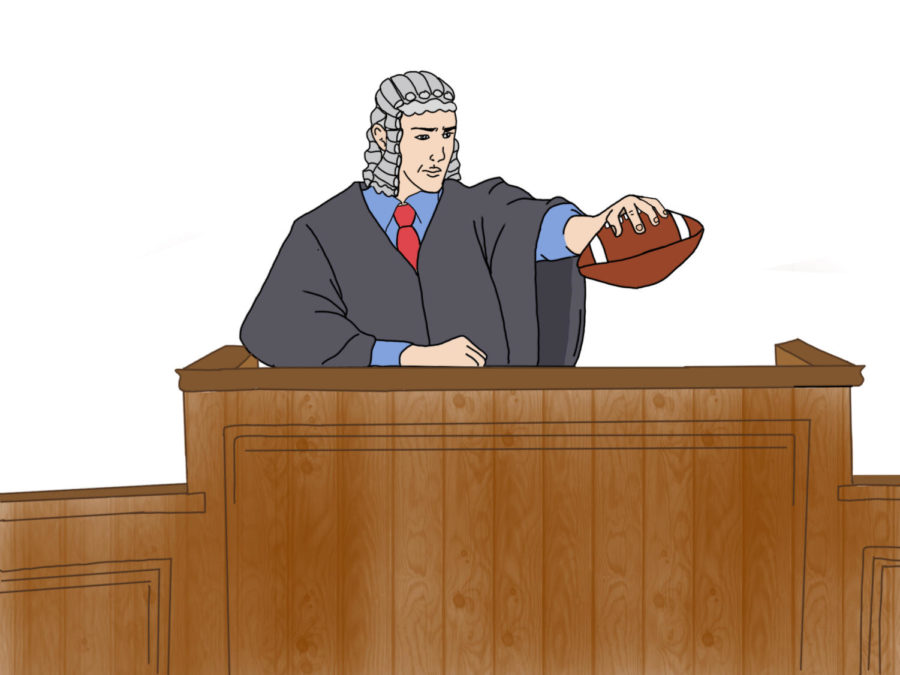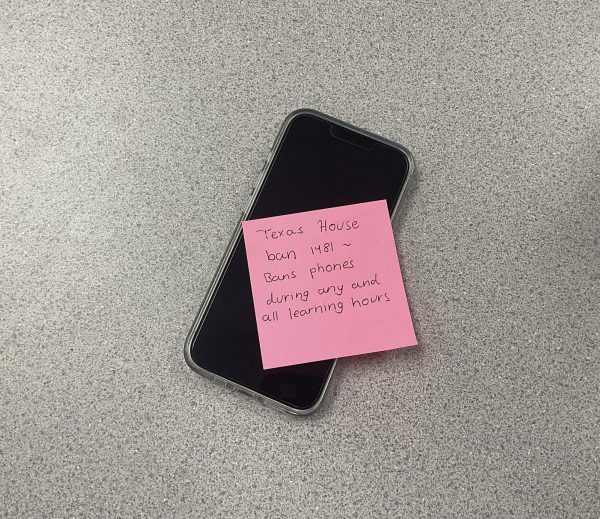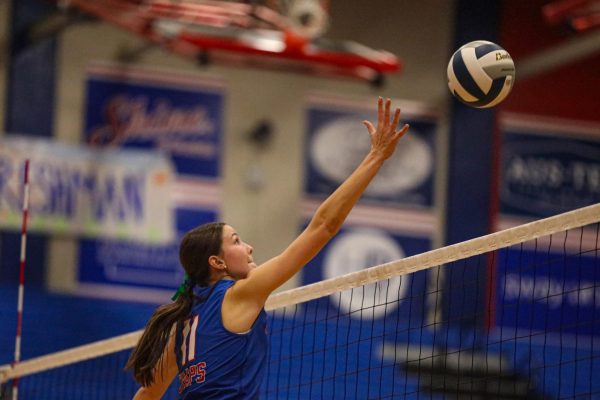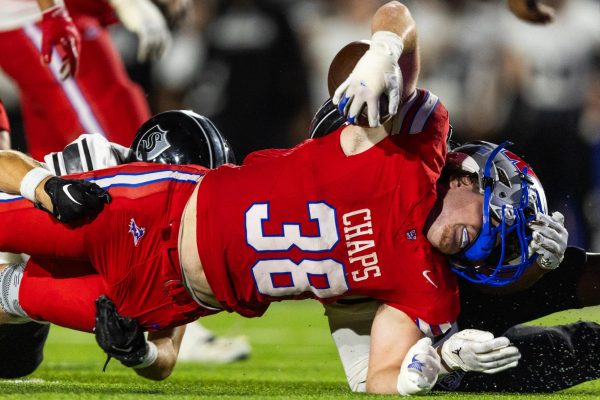What the Supreme Court ruling on sports gambling means
The Supreme Court ruled 7-2 Monday that individual states will now have the ability to decide whether or not sports betting will be legal. The decision struck down a 1992 federal law — the Professional and Amateur Sports Protection Act — that had previously banned gambling on — you guessed it — professional and amateur sports. Obviously, this is a monumental decision. Sports gambling has been going on in the U.S. for a while, mainly legally in Nevada, but also through questionable bookies and websites in which payments and payouts go through foreign countries. Now, the new norm may even be people gambling at 7-Eleven’s.
Soon, sports betting might be done through our smartphones, and it won’t be limited to fantasy football apps like DraftKings and FanDuel. These services are only technically legal because fantasy sports are considered a game of skill (according to the 2006 Unlawful Internet Gambling Enforcement Act) and not one that is based on luck like all other sports betting is. DraftKings, FanDuel and other apps like them should only become more popular as more and more states allow sports betting, which would make these apps able to include actual gambling.
As for the athletes, they may soon get paid at the collegiate level, especially if sports betting becomes legal in the state that the players play in with all the money that will likely be in circulation from sports betting ($150 billion was made last year in the U.S.), and because the idea of college athletes being paid — especially in men’s basketball — has already been gaining momentum anyway. The amount of money that universities have made off the likenesses and talents of players is only increasing, and schools have already lost recruits to alternative leagues that do pay players that decide to skip college before going to the NBA, such as Lavar Ball’s Junior Basketball Association, which held tryouts in April.
Players won’t be the only part of sports to be impacted by the decision — the games themselves will be too. In the past, the major professional sports leagues have had little to no problems with gambling affecting outcomes, but that could change if measures aren’t taken to ensure the integrity of sports. This can be done by paying referees better and making sure there is no conflict of interest between players, referees, and coaches.
Now, these laws will probably not affect high school students as much as it would older people because all U.S. states require bettors to be either 18 or 21 years old to gamble, depending on the state. But, as always, there are ways around these laws. It really isn’t hard to find a website to place bets on or someone who can do it for you in another way. And let me be clear: I am NOT endorsing sports betting. It’s so easy to lose money, and gambling is something that can be addictive. But if you’re going to bet, make sure you only bet on stuff that you believe to be a “sure thing”, and only bet in small amounts, even if you really like the odds. It is a lot easier to lose money when gambling than to make money, especially if you are misinformed. It’s even more important to know when to quit. If you’re going to gamble, make sure to promise yourself that there is a specific amount that you’re willing to win before stopping, and also an amount that you are willing to lose before giving up. Gambling can change your life, often negatively. So be careful.











